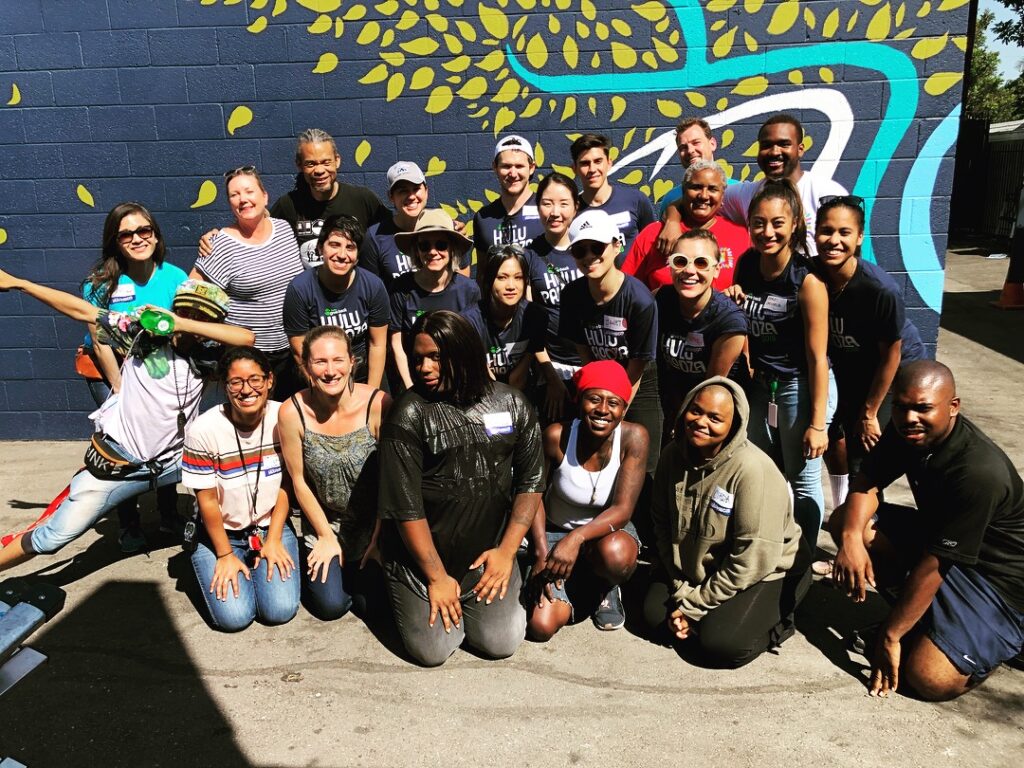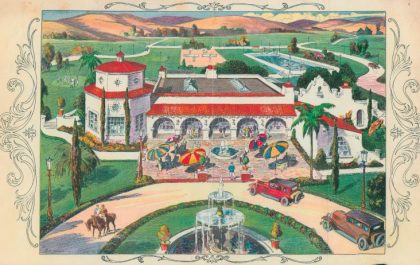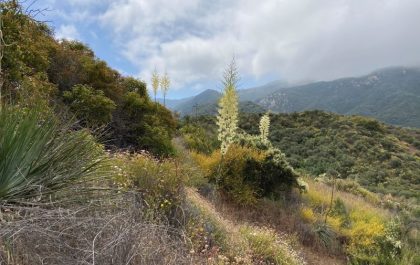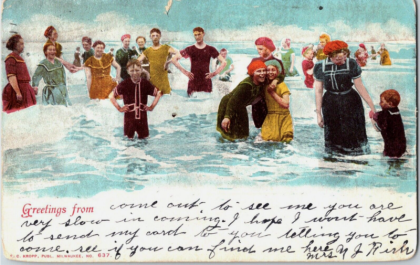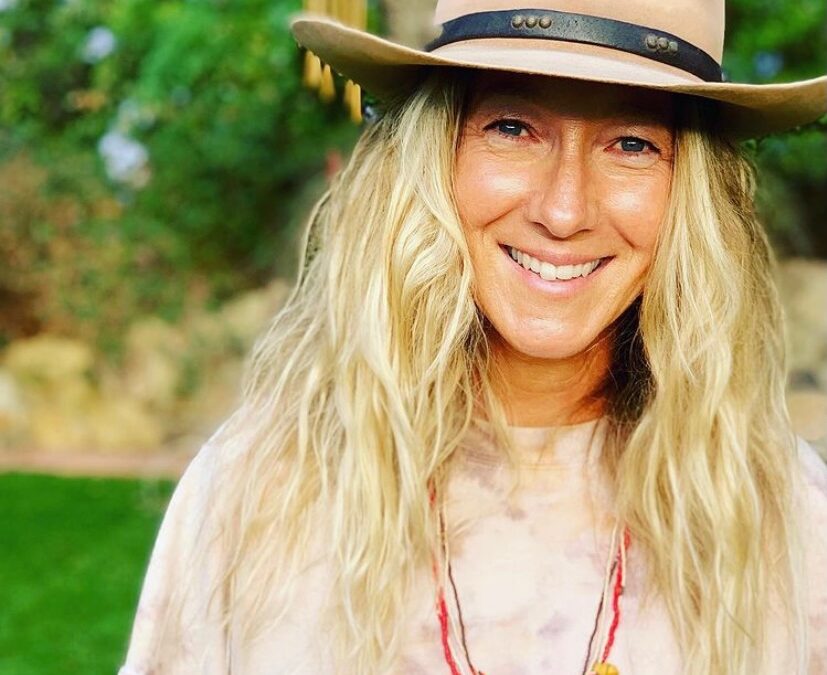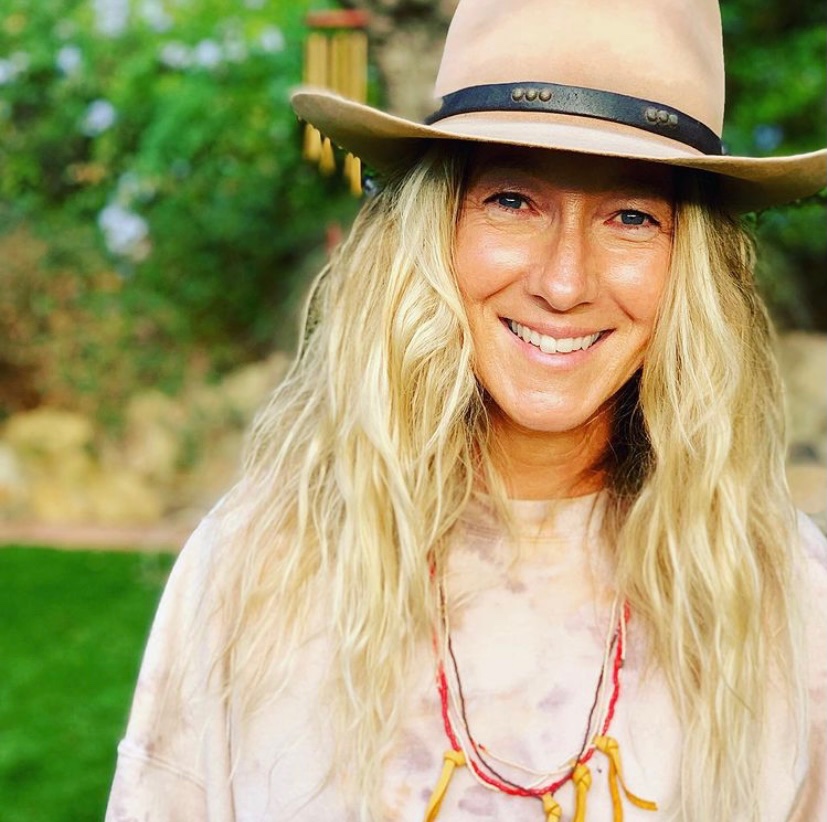
Social Activist Amy Favat and I met at an unusual intersection: early pandemic, surrounded by artists and the National Guard. On one corner, cans loudly rattled and out of the paint mist appeared a breathtaking portrait of Breonna Taylor, the graffiti artists, at ease, incognito. Opposite, beguiled young soldiers discreetly took snaps on their smartphones. Our mutual friend, author and artist Sophie Kipner, had invited me to document dozens of muralists and volunteers who organized to ‘Paint the City Peaceful’, turning boarded up windows in Santa Monica into works of art. Amy spearheads many philanthropic endeavors and is always among the first volunteers to show up at our Topanga beach clean-ups. Her work with Safe Place For Youth, which provides support to unhoused youth, is the heart of the very work needed to build healthy communities.
We have heard so much about ‘pandemic fatigue’, where folks are exhausting their efforts to participate in mask-wearing or social-distancing. Do you agree that for many, these issues stem from a place of privilege where many, like our unhoused community members, simply don’t have that privilege?
Whenever something happens that affects our whole society, I believe it hurts the most vulnerable in our community the hardest.
This pandemic is no exception. But the most vulnerable can also be very resilient despite the fact it increases their daily stresses so much. Unfortunately, they already know life can be very hard—just to eat, sleep, get to their jobs, go to school, survive. But they adapt…They have no choice.
LA County has some of the highest numbers in homelessness in the country. What are some of the biggest misconceptions/stigmas about our unhoused community members?
This is simply from my own perspective and experience. Some people do not understand how multi-faceted and complicated this social problem is for each unhoused person on the street. I always say, the unhoused are so misunderstood and so not relatable to others, and therefore can be easily yet harshly judged and unfairly treated because of set preconceptions. They are typically painted with a very broad brush of just all being addicts who can be lazy, dirty, criminal, and/or they are mentally ill and violent, don’t want to work or better themselves in any way.
In reality, they are not so different from any of us at all—they just were dealt a very bad hand at one point in life and that can totally derail a person if they have no support system in place at all. So many come from a place that is a blend of poverty, trauma, instability, abuse, neglect, addiction, mental illness, etc.
From what I have seen, it is never one problem or issue that leads to someone becoming unhoused —it most typically is a complicated landslide that leads to a dire living situation.
This social issue is so complex, and it boggles me that people simply think there is one easy and quick solution. A complicated problem requires thoughtful and insightful work that takes time, patience, consistency, and effort from a mix of support services as well as community involvement. Not to mention empathy, compassion, and caring.
What is your role with Safe Place For Youth and why is it so important for organizations like SPY to remain consistently there for unhoused teens and young adults? In what ways does this organization reinforce LA County’s vulnerable youth?
I work as a volunteer at their drop-in center, as a career mentor to one of our young members, and I serve on their Board of Directors. I also co-founded a non-profit annual art event, 100 Pieces, that raises money for SPY. And I constantly work on thinking up grass root ideas and events on how to get support and attention to the issue of homelessness.
What is key about SPY is that it provides a multi-faceted net of support services to help “catch” young people in the system so that they do not become entrenched in the cycle of living on the street and therefore becoming chronically unhoused adults.
We offer real solutions and goals through services by getting deeply connected to these people while they are still young. Bottom line is these young people do not want to be unhoused. But they do need a firm and trusting foundation combined with mentoring to help them get on their feet despite what issues they are working up from.
That all said, SPY provides a whole intertwined network of support starting with case management, counseling, mental health and addiction services, education and employment, mentor and internship programs, and of course, housing. We see each individual and make a unique plan to address what their specific needs are and create reachable goals with structure and guidance so they may succeed and rise above their situation to more stable ground.
You can find out more about volunteering, donating, or mentoring at safeplaceforyouth.org, or you can also find us on Facebook and Instagram. @safeplaceforyouth @amyfavat
